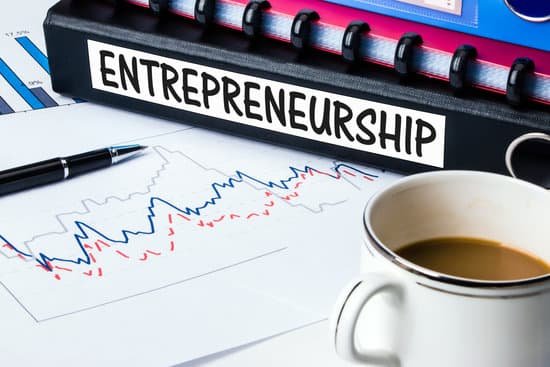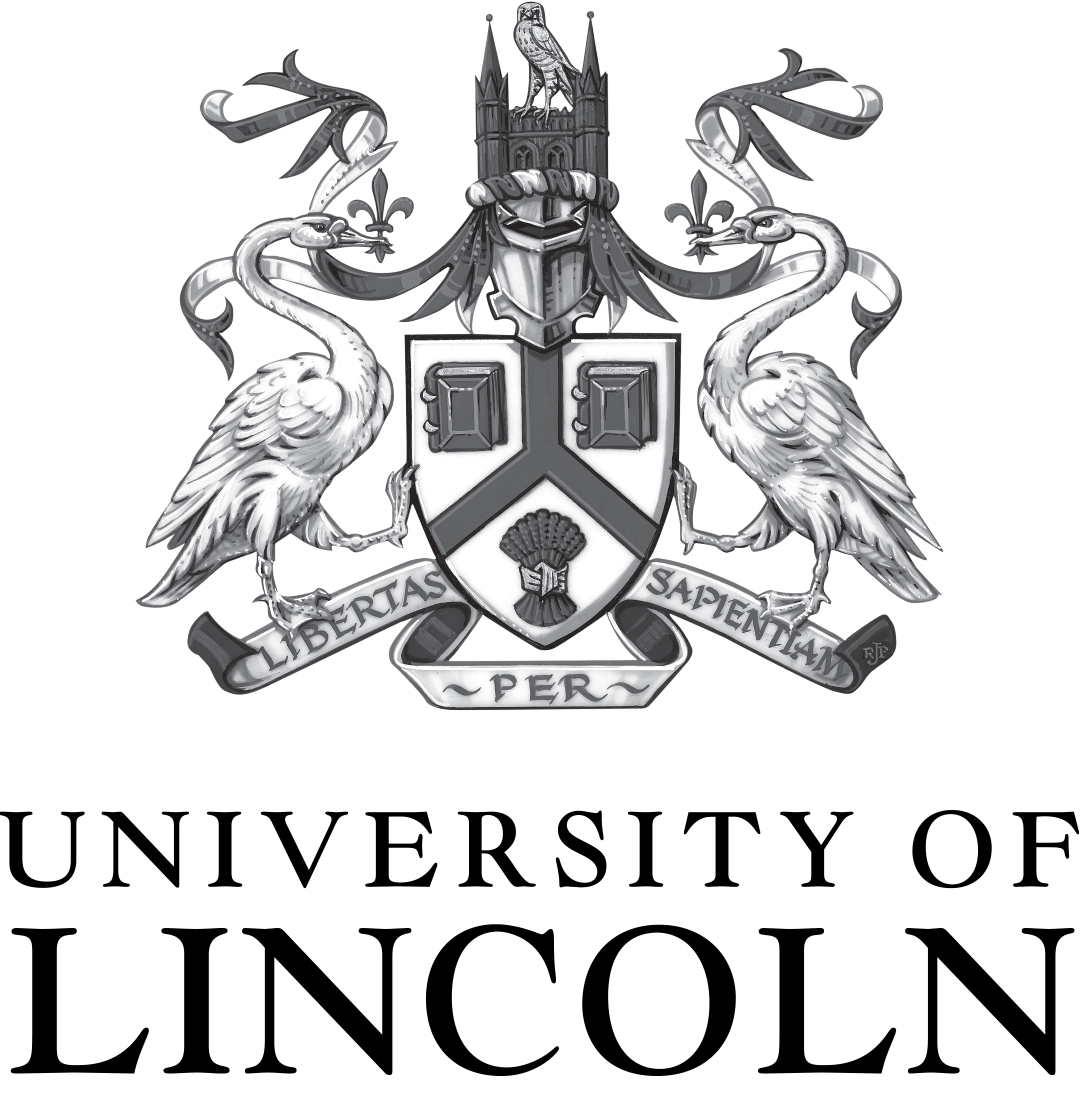4 Ways Continuous Learning Will Make You and Your Business Unstoppable
If you’re an entrepreneur, you probably love learning at some level — it’s inherent in the job description. You are known for taking risks more than the average person, and the execution of successful strategic action is a result of trial and error.
Learning is the engine that keeps things moving forward, and it’s the iterative process of applying new learning that can propel your business toward growth. As an entrepreneur of a thriving business, learning manifests as an intense self-directed, hands-on learning experiment that can take years to master.
My father, a successful self-taught entrepreneur, created many businesses from scratch. With only an eighth-grade education, he used the art and science of learning to create multiple million-dollar businesses. Each business represents a different industry — transportation, medical and entertainment. He was a keen observer of people and a risk-taker, implementing what he learned, pivoting when needed and then relearning until it worked.
In observing my father, I gleaned a few priceless tips that point to the heart of any entrepreneur — ones that I have applied in my journey.
1. Your ability to learn quickly is a necessary skill for success
Fast learning requires you to identify what you don’t know, what you need to know, who has the information, and how you will acquire the new knowledge. It requires quick action and can cover a broad spectrum of knowledge and skills.
With the evolution of microlearning, you can master a wide variety of concepts and skills through bite-sized, on-demand content. Articles, videos, podcasts, mini-courses and visuals are accessible to meet your specific and targeted learning objectives, and often the selection of precisely what you need is at your fingertips. A few key questions to ask yourself when identifying your learning needs:
- What am I trying to accomplish?
- What are the skill gaps that exist?
- On a scale of time versus quality, which ranks higher?
Fast learning often involves mastering a skill quickly and can also point to those items that require outsourcing — things that may be beyond your time requirements or skill.
2. Your business evolves as you do — it’s a state of learning, integration, reflection and repeat
Once you’ve identified your broad learning needs, the experiential learning cycle is applied to fine-tune your approach. The experiential learning cycle made known by educational theorist David Kolb suggests that you learn by doing, making learning meaningful through experience. Here is the model made relevant to the entrepreneur:
- Concrete experience: You actively engage in an activity. You launch a campaign promoting a new service, for example.
- Reflective observation: You closely observe what happens. You consider what worked and what didn’t. You pay attention to the obvious and the nuanced and take note. Building on the previous example, you discover your email copy is not speaking to your target audience.
- Abstract conceptualization: You generate new ideas based on your observations. Questions to ask yourself at this stage include: What did I learn? How would I change my approach, if at all? What new knowledge or skill do I need to move forward? You think to yourself perhaps a shift in your messaging requires a small market research project to get you back on track.
- Active experimentation: You apply new insights and then begin the cycle again. You complete the small market research project, revise your approach and deliver messaging that draws the right people to you.
By moving through these stages, you not only leverage learning and position yourself to succeed, but you are also an active student in pursuit of nailing your business goals.
3. Your willingness to share what you’ve learned will set you apart
As an entrepreneur, you offer value with a product or service. But what sets you apart from others in your industry? Human connection is an essential aspect of your business, and how you connect with others will separate a mediocre business from one that is authentic and intriguing. One way to connect is using a story — your story about how learning has impacted your business. Sharing your journey as a student of your business makes you real — a person with imperfections and missteps. Stories help to give root to connection and build meaning and are the super-connector to what you have to offer.
4. When you make learning central to your business, the potential for expansion is limitless
Honing the learning process is the key to a sustainable and impactful business. The relevant application and implementation of what you learn are similar to the idea of building systems that support your habits. In his book, Atomic Habits, James Clear teaches us the implication that habits can have in our lives. He says, “habits are the compound interest of self-improvement.”
The same way habits produce compound results is similar to the integration of learning will affect your business. You are positioning yourself for evolution when learning is central to your business. It may call for a reinvention, but you will have the tools to shift.
These tips seem straightforward, but when applied mindfully and consistently, they can be transformational. Learning helps you reframe, reflect, plan and act on what you may need to do to move forward, especially when you find yourself stuck. When you are open to the process of learning and approach each challenge with curiosity, you become unstoppable. This is where the learning is the most impactful — you are the master student of your endeavors.
Source: entrepreneur.com
#EduSAVINGS#EduLOANS#EduSURE#INTERNSHIP#SCHOLARSHIP#EduHEALTHMAINTAINANCE#ENTERPRENUERSHIP#PressPayNg#TERTIARY#EDUCATION#TUITION#FEES#UNIVERSITY#POLYTECHNIC#MONOTECHNIC#FELLOWSHIP#COLLEGEOFEDUCATION#HOLIDAYJOBS#SOFTSKILLSTRAINING



